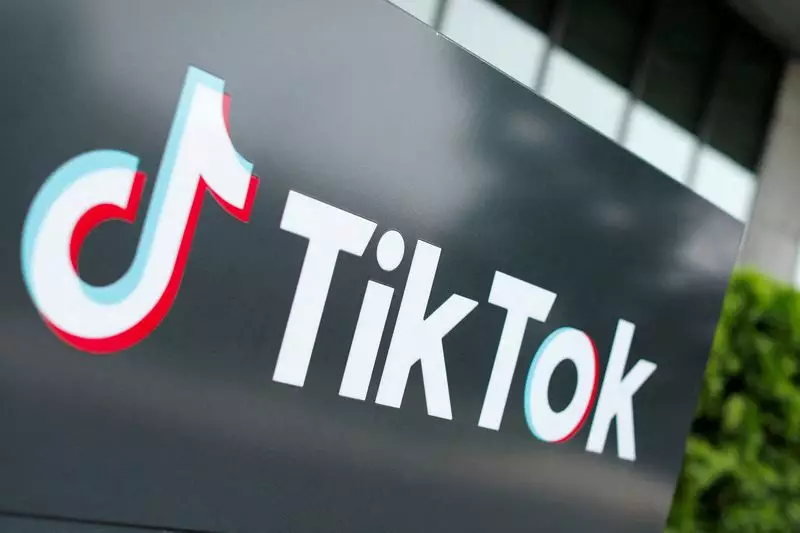In a significant move to enhance the safety of its youth, Albania has announced a one-year ban on the popular social media platform TikTok. This decision comes in light of rising concerns surrounding the app’s impact on young people, particularly following the tragic stabbing of a teenager last month. Prime Minister Edi Rama unveiled the ban during a meeting that gathered parents and educators from across the nation, emphasizing the pressing need to address social media’s role in modern society.
The background of this severe measure is multifaceted, rooted in a worrying trend of youth violence that has been linked to online interactions. Prime Minister Rama has openly criticized the influence of social media, explicitly identifying TikTok as a catalyst that may exacerbate violence among adolescents. His comments stem from a tragic incident where a 14-year-old schoolboy was brutally killed by a peer, an event reportedly ignited by disputes initiated on social platforms. Adding fuel to the fire, disturbing content surfaced on TikTok featuring minors glorifying the violence, raising alarms about the normalization of such behavior in younger audiences.
Albania’s ban is part of a broader initiative to create a safer educational environment. Rama’s administration is not alone in this endeavor; several European nations, including France, Germany, and Belgium, have adopted measures to regulate social media usage among children. Further emphasizing the global reckoning with tech influence, Australia has previously enacted a strict prohibition on social media access for children under the age of 16, showcasing a growing trend towards strict regulations for the protection of youth.
However, the effectiveness and implications of such measures prompt important discussions. Critics argue that outright bans may not address the underlying issues that lead to violent behavior in the first place. Instead, some advocate for a more nuanced approach that includes education about responsible online behavior and parental engagement in children’s digital lives.
The Albanian government’s move has sparked a wider conversation about responsibility—both from society and technology. Prime Minister Rama poignantly stated, “The problem today is not our children, the problem today is us.” This highlights a collective accountability that encompasses parents, educators, and the tech companies themselves. By framing the issue as a societal failure, there is room to explore more extensive reforms that encompass not just restricted access to harmful content, but also proactive strategies to mitigate exposure to violence and unhealthy behaviors online.
As Albania prepares to implement its TikTok ban early next year, it serves as a pivotal moment in addressing the challenges posed by social media. It is unclear whether such a drastic move will yield the desired results in reducing violence among youths, but it undeniably raises pressing questions on how societies navigate the complexities of technology, safety, and the welfare of future generations. Whether this ban will lead to meaningful change or not, it reinforces the urgent conversation regarding the protective measures necessary in today’s digital age.

